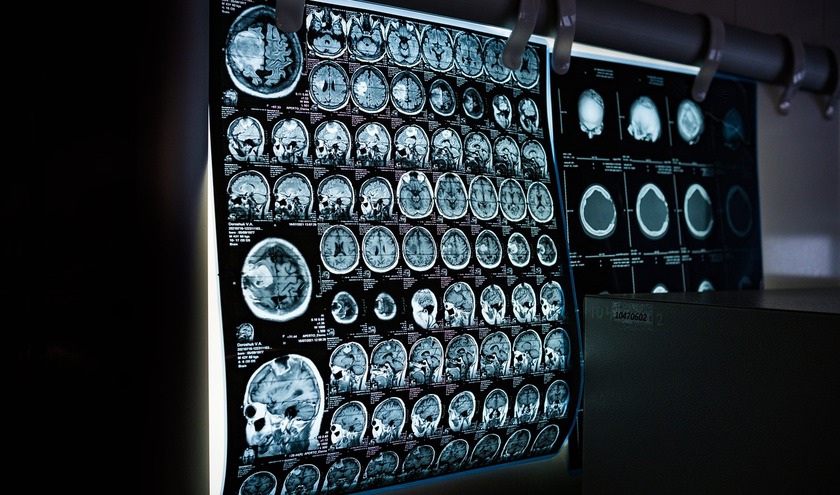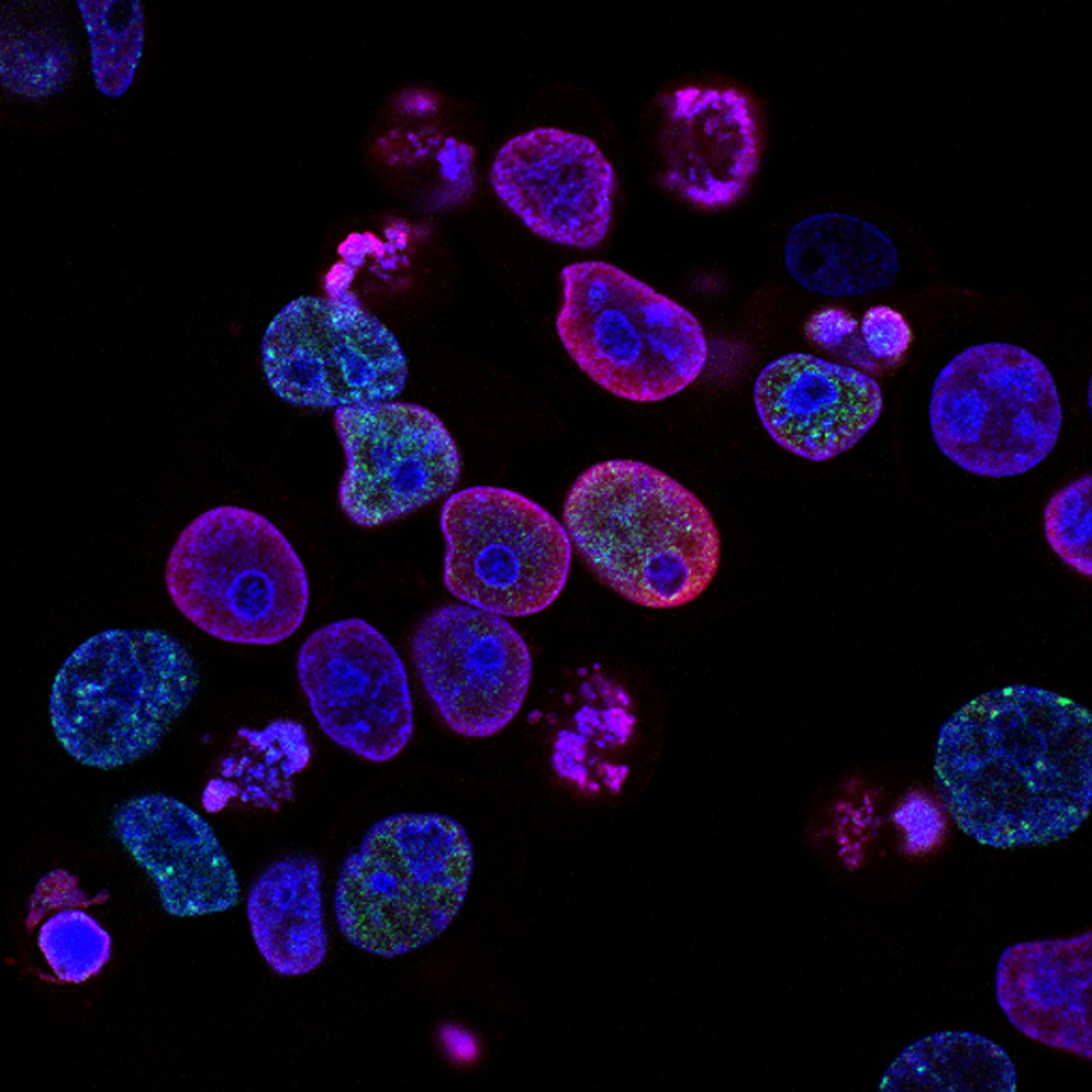The NextBrain atlas took the research team six years to build using post-mortem tissue from five human brains. Each brain was dissected and sectioned into 10,000 pieces, stained to help identify brain structures, photographed under a microscope, then reassembled into a 3D digital model. Before they began this process, the team conducted MRI scans of the brains so they would know how to put them back together.
A total of 333 brain regions were then labelled on the digital 3D models of each of the five brains, a process accelerated by AI.
Dr Juan Eugenio Iglesias, senior author of the study from UCL Medical Physics & Biomedical Engineering and Massachusetts General Hospital/Harvard Medical School, said: ‘NextBrain is the culmination of years of effort to bridge the gap between microscope imaging and MRI.
‘By combining high-resolution tissue data with advanced AI techniques, we've created a tool that allows researchers to analyse brain scans in a level of detail that was previously unattainable. This opens up new possibilities for studying neurodegenerative diseases and ageing.'
NextBrain has been successfully tested on thousands of MRI datasets, demonstrating the ability to reliably identify brain regions across diverse imaging conditions and scanner types.
Dr Zane Jaunmuktane, an author of the study from UCL Queen Square Institute of Neurology and the Queen Square Brain Bank for Neurological Disorders, said: ‘The level of anatomical detail in NextBrain is remarkable, and its public availability means that researchers worldwide can benefit from it immediately.
‘NextBrain provides an unparalleled map of the brain's cellular architecture. The foundation built into the atlas now enables rapid, accurate and accessible analysis of brain images in living individuals, opening the door to detecting the earliest signs of neurological diseases such as Alzheimer's, long before symptoms appear, and advancing our ability to understand, monitor and ultimately prevent these devastating diseases.'
All underlying data, tools, and annotations used in NextBrain have been released openly through the FreeSurfer neuroimaging platform, along with visualisation tools and educational resources.



